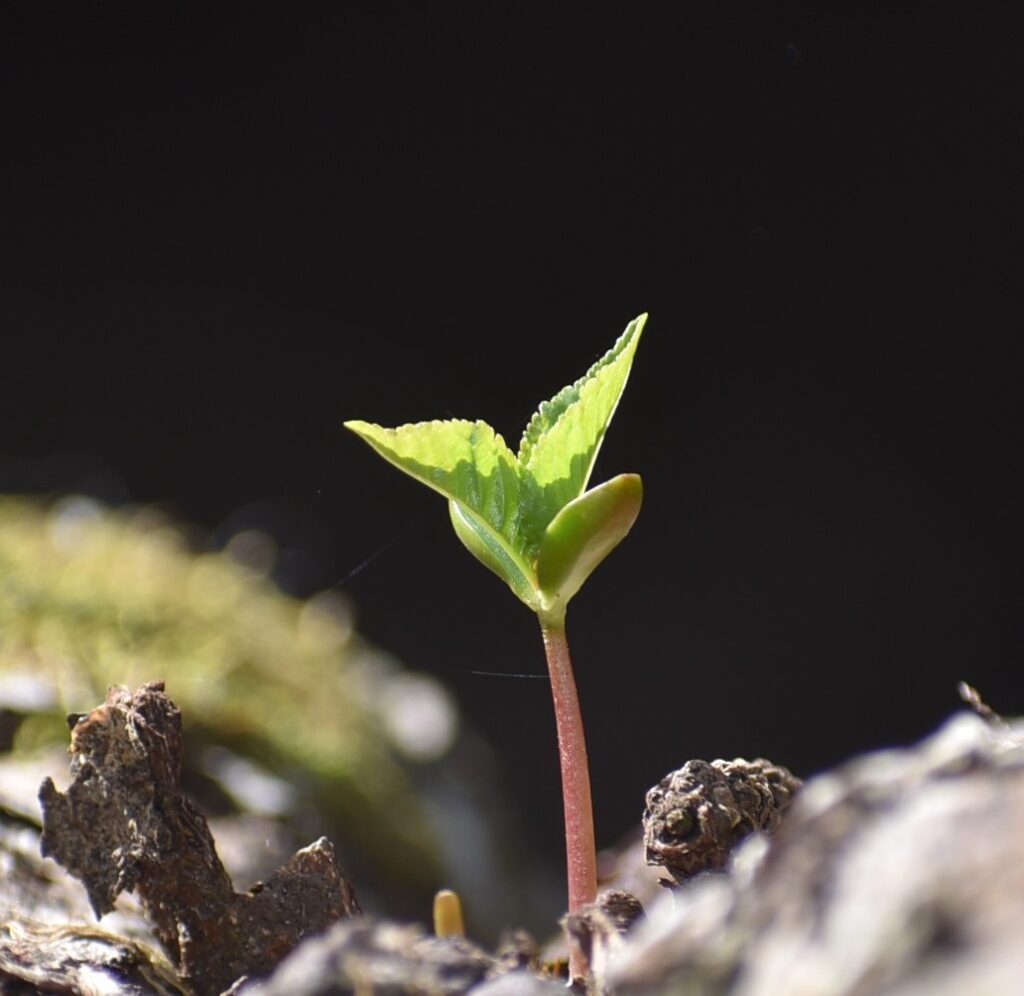Controlling weeds naturally is what we do here. There are so many different green ways of dealing with weeds. Ernest and I are going to show you some sustainable ways you can control them.



As you can see Ernest likes to controlling weeds organically.
The war against weeds
Generations of gardeners have been mowing, cutting, pulling, stabbing, mulching, girdling, tilling and digging, poisoning, burning, flaming, scalding and even flooding their gardens. And still the weeds return.
This is weed-warfare, I think it’s fair to say most gardeners just love to hate weeds and for some, weeding is an obsession. I have grown to love a lot of weeds, now that I know them better. And I have found many benefits to having them here. So many of them have crossed over the line of unwanted weed to welcomed wildflower.
Wildflowers will outperform cultivated plants
But I don’t wont wildflowers to outpace and overtake my cultivated plants. We only use sustainable methods so we are controlling wildflowers naturally.
Weeding out what we don’t want is simple. But stopping weeds returning and taking over whilst you back is turn is not a simple task at all.
Native plants are at home in our gardens
Weeds and wild plants have the ability to grow fast and out compete our cultivated plants. Annual weeds often have a short life cycle, so they have to grow, flower and seed very quickly. Weeds don’t have time to waste.
There are so many types of weed, so many ways we can be controlling weeds naturally.
Tip from Ernest: All weeds can be controlled, but some are almost impossible to eradicate.
Controlling weeds naturally is easier, if we know a little about them. So let’s take a look at what we are dealing with.

Annual weeds
These are the pioneering weeds that usually just appear wherever there is a gap in the earth. These include: Field Poppies, Chickweed, Cleavers, Herb Robert and many more. You need to be quick with these, as they can flower and set seed in a matter of weeks, giving birth to several generations of weeds in one season. But they are easy to deal with, simply pull, or hoe them, before they can flower and spread.
Tip from Ernest: Chickweed is edible and is great as a salad vegetable, eating weeds is a very sustainable method of gardening too.
Perennial and biennial weeds
These include Docks, Dandelion, Buttercups, Thistles and Nettles.


These weeds are a bit more of a challenge because they have strong roots structures which can store food. Therefore, the plants will regrow if you just hoe them. Digging them out works, so long as you remove all the roots.
But as you dig you will damage the soil structure and expose many more dormant seeds to the light and they will regrow. As will any tiny piece of root that you leave behind in the soil.
Instead, use repeated hoeing, cutting or pulling to kill these persistent weeds. They can not survive without leaves.
Tip from Ernest: Nettles have many uses and are full of nutrients, including magnesium and calcium.

But be warned, Some weeds such as Ground elder, Bindweed, Couch grass, Horsetail and the dreaded Japanese Knotweed can really put up a fight.
Tip from Ernest: Both Ground elder and Japanese Knotweed are edible, which is a wonderful way of controlling weeds naturally.
So if you have these troublesome weeds, find out what your weed likes. This sounds like silly advice, but if you know what it likes, you can try to prevent it from spreading and hopefully contain it or even kill it.


For example: Horsetail, a very ancient weed that likes damp places.

So don’t even try to dig Horsetail out, many people have tried and failed. Instead improve the drainage in the surrounding soil. Covering the plant with black polythene will weaken it, but the polythene will need to stay down for years.
Get to know your problem weeds and fight them with brains, not brawn.
How do you naturally stop weeds returning?
This is where it gets easier over time. Keep the bare soil covered. Cover it with plants, or mulch. Bare soil will never stay bare for long nature will reclaim it.
Weeds are easy to pull out of soil that has been mulched , as mulch has a loose structure.
The real secret to keeping a garden weed free is to work on it little and often, so the weeds don’t get a chance to establish and spread.

Prevention is better than a cure
So how much time do you have to spend in your garden? This should be the thing that really influences your garden style. If you have chosen a garden that requires 5 hours a week of maintenance and you only have 2 hours to devote to it, you will never win the war on weeds. Make life easier for yourself and design a garden that fits into your busy schedule.
Plant low maintenance shrubs, perennials and ground covering plants. Cover bare patches of earth, so weeds can’t get established.

Controlling weeds naturally, does not mean totally eradicating them
By managing and controlling weeds organically we can have a biodiverse garden
Native plants support native inhabitants, communities of species, weeds are far more than just a nuisance. And each weed has a remarkable story to tell. It has evolved over millions of years, and its descendants have migrated across seas and continents.

Every weed breathes in carbon dioxide and gives us oxygen. Each of them is the home or food for another creature, from the moment it grows, flowers, and seeds, even after it dies it feeds the inhabitants of the soil and builds biodiversity.
So we really have to find wonderful green ways of dealing with weeds, we need to be controlling weeds and wild plants naturally, sustainably and responsibly.

